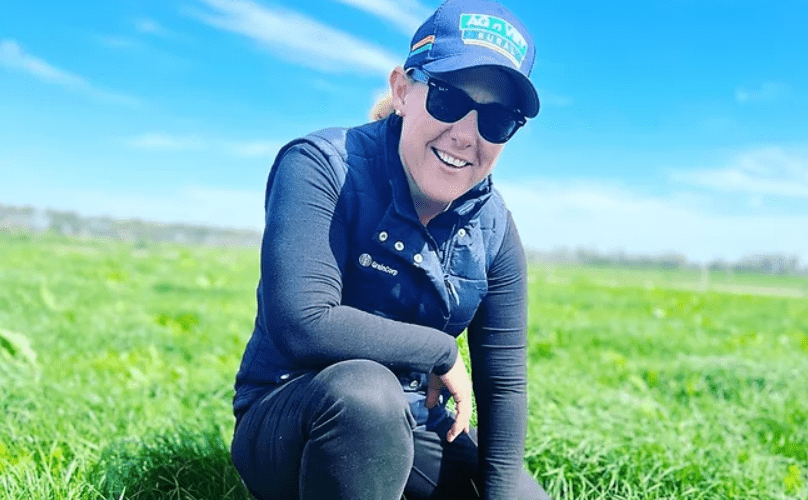
In the midst of the European agricultural crisis, President of the Commission Ursula Von der Layen made a shocking statement yesterday in front of the Parliament in Strasbourg. She wants to eliminate the project to halve the use of pesticides in the Union. The plan was to reduce pesticide volumes by half by 2030 compared to the period 2015-2017, but the European Parliament recently rejected the directive. The strategy is so radical that it has caused farmers to protest. While reducing pesticide use is essential for the European Union, the way the project was designed was flawed. The decision to reduce pesticide use by 50% was made without any technical or scientific justification. This is similar to when France decided in 2015 to limit nuclear energy to 50% without any technical basis. In both cases, essential policies were decided arbitrarily. The consequences of these decisions are still being felt, with a decrease in agricultural production and no alternative solutions in place. The author argues for a new, ambitious, and rational plan to reduce pesticide use, with investment in research and technologies such as genomics, robotics, and biocontrol.
Tessa Dimond, a St. George agronomist and 2023 Nuffield Scholar supported by GrainCorp, conducted a study on Maximum Residue Limits (MRLs) for agricultural chemicals and their impact on Australian grain exports. Her research explored best practices and challenges faced by grain producers worldwide. The study focused on the European Union's standards and how Australian growers can align their practices to avoid trade disruptions. Dimond's findings emphasized the importance of precision agriculture and Integrated Pest Management (IPM) in reducing chemical residues and enhancing sustainability. Effective communication and traceability throughout the supply chain, as well as the role of the National Residue Survey (NRS) in providing independent testing and insights, were also highlighted. GrainCorp's general manager of sustainability praised Dimond's research and its value for growers, customers, and the industry. Dimond will present her research findings at Nuffield Australia's National Conference in September 2024.